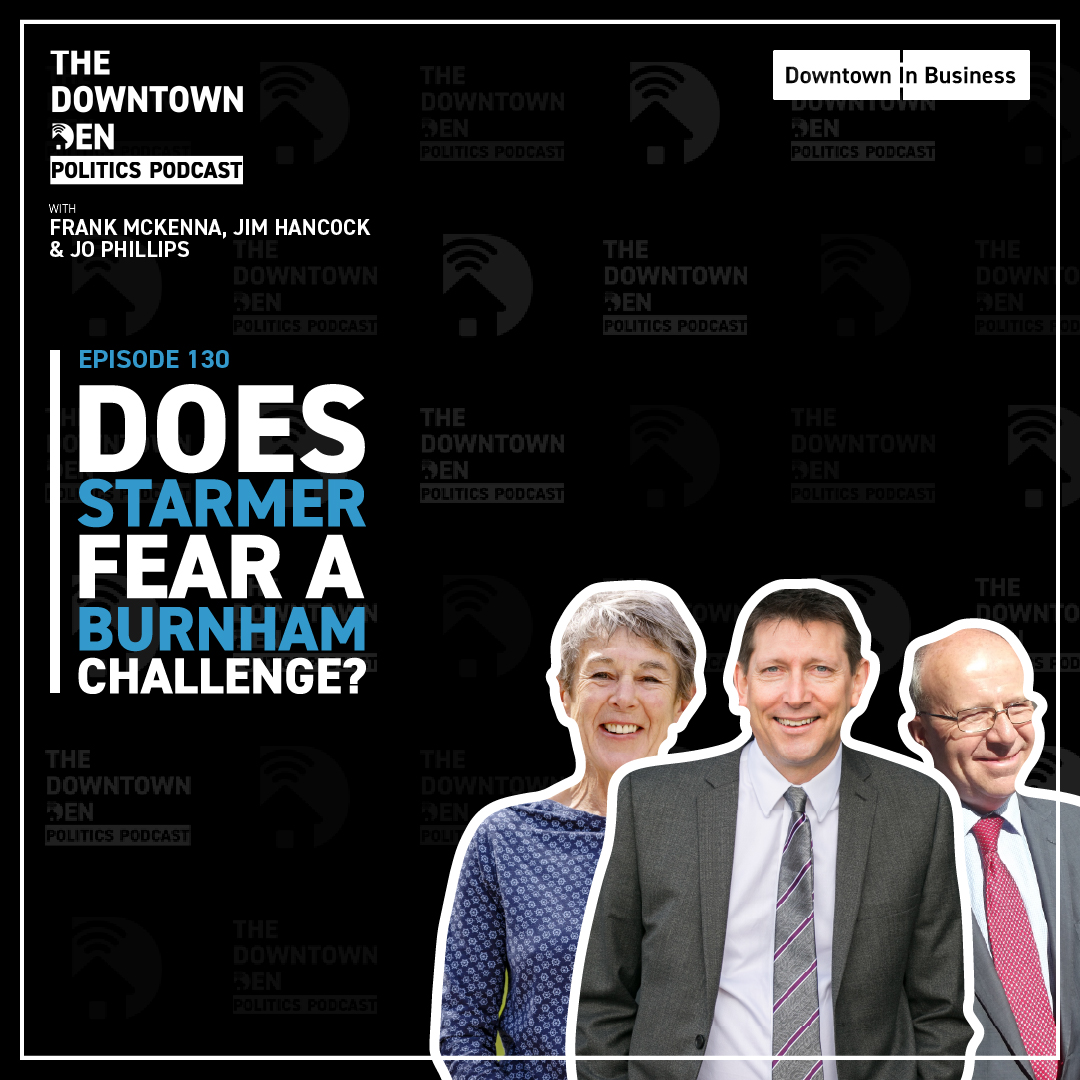The internet is an unreliable place. Always has been.
It is impossible to open email, perform a google search or watch YouTube or TikTok videos without subsequently being bombarded with ads for adjacent products and services to the ones you were actually interested in.
This, it seems to me, is never truer than at this time of year: tax season.
While our U.S. tax calendar runs January 1st to January 1st – which is eminently sensible – we have until 15th March to get our tax returns in.
While those with more complex tax situations, huge incomes, or nefarious offshore networks may recruit the services of financial specialists and tax advisors to do their bidding, the vast majority of us with more humble means can file ourselves with the help of readily available online software.
I used E-File – the government’s own service – which charges me about $29.95 to submit my Federal Tax return and, living in Florida where we don’t have state income tax, I have no additional costs.
Good deal. Taxes files, refund approved, sit back, and wait for a cheque.
Except now, every time I’m online – I’m being greeted by links to financial services, retirement planners, stock pickers and ‘must-see’ real estate deals.
You can’t beat the algorithm so rather than fight it, I’ve taken to watching the YouTubers spewing their various ‘get rich quick’, ‘retire early’, or ‘pay now regret later’ schemes.
I know that by clicking on the links and opening the videos I am exposing myself to ever more of the same, but I’m curious to see who these experts are and what they offer.
They seem to fall into three categories – the first of which is my favourite – The Chancers.
These are the young men – and a few women – who recognise that even with nothing of value to say, no genuine originality to share, or product worth buying – there is money to be made in gaming the YouTube and TikTok advertising algorithm.
It’s all in the thumbnail you see. That little intro picture and shouty headline does all the heavy lifting.
Said young man or woman pulls astonished emoji -style face, pumps the filters for primary colours, and adds a tag line such as ‘Retire Now with Zero Dollars” or “The 7 Stocks Millionaires Are Buying Now” or a personal favourite, “What the Rich Won’t Tell You About Money” – There’s nothing like a bit of early onset class war to get me click-baiting.
These young hustlers just want the traffic. They know that if enough people click on the link, are foolish enough to “stay until the end for the one secret you really need to know” – the algorithm will reward them with advertising dollars, a couple of cents here, a couple of cents there, it all adds up to a moderate income.
Call me an old romantic, I am happy to delude myself into thinking this cheerful chap is real.
I see him as sipping his coconut juice while editing his next content-lite video to fund his ‘remote work, digital nomad adventure’ from a beachside hostel in Cambodia, rather than the sad reality that he is one of a thousand robo-accounts working for some Chinese military official out of a bot-farm on the banks of the Guangming River.
Second tranche of videos come from a group I’m less enamoured with. I call these The Sharks.
These are the ones who, for no discernible reason, believe they have something genuinely important to offer – or are just really good at pretending they do. They remind me of those commission-only salespeople who ditched double glazing and conservatories to hawk the promise of millions during the pension de-regulation craze of Thatcher’s eighties.
Remember that sudden outbreak of be-suited young men – and some women – calling you, your parents and elderly family members urging them to sacrifice that 35-year lead-lined company pension for a punt on ’high fee, low return’ investment vehicles.
As I recall, the only winners of that era were the Next catalogue and hot-hatch car sales.
As America has never had anything resembling meaningful regulation of money and finance, its citizens’ opinion of these young colts isn’t sullied by flashbacks to those dreary dishonest days. They are ‘entrepreneurs’, ‘players’ – ‘thrusting’ – in the American vernacular.
These Sharks pad their videos with examples of couples – “let’s call them Ken and Kim” – and the wondrous scenarios of financial planning they conjure up which sees them eke their $100,000 life savings into a nest egg which supports them through thirty years of retirement and decades of health care costs. Praise the Lord, it’s a miracle.
All you have to do, “if you too want double digit growth”, is schedule a call with our video host.
No thanks.
The last category is the one I care most about. I call these The Regretters.
These are the people who appear to have taken questionable advice themselves earlier in life.
They are normally late middle-aged, filming from somewhere in South America or South-East Asia, and want to share with us how they have been travelling the world for decades for a fraction of the cost of living in their condo in Akron, Ohio.
Their videos proclaim, “Live Comfortably at the Beach on Social Security” or “Retire like a King for under $1000 a month”.
These seem to largely consist of single older men who have fled their aging western life in pursuit of a much younger lifestyle in The Philippines, Vietnam or Colombia. I can imagine that in many cases their ability to ‘live off their social security only’ is forced upon them as everything else has gone on back child support and alimony payments.
With these Regretters, the videos follow a well-worn path – opening titles on a sun-kissed beach, a curiously young-looking partner on their arm, enticing you with “all this could be yours” promises.
But in the very next cut-away you see the sad, tired eyes of someone who is reduced to making YouTube videos celebrating a life even they appear to have had enough of, just in the hope of raising a few Bhat or Pesos for a beer.
Of course, there is lots of very sensible and serious advice on how to plan your retirement available as well.
The big brokerages like Schwab, Vanguard, Fidelity, and BlackRock, those who manage the lion’s share of America’s dwindling personal finances, thankfully keep their distance from these marketplaces. They’re just as relentless in their marketing, but it doesn’t trouble me in the same way.
So, with my tax responsibilities complete for another year, I’m awaiting my online prompted feeds to return to their usual steady flow of sports news, election updates and last-minute travel bargains. I’m even looking forward to the myriad car insurance and phone plan offers which typically make me spit.
So farewell millionaire advisers, lifestyle gurus and market manipulators.
After spending the past couple of weeks together, it’ll be interesting to see who of you are still with us next tax season.














